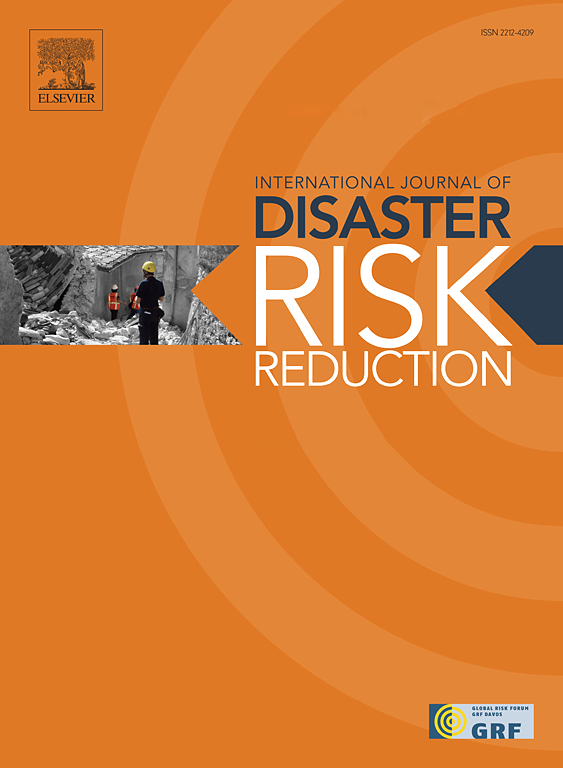Published online: 1 April 2023
Authors: Gyanu Maskey; Chandra Lal Pandey; Monika Giri
Available at: https://doi.org/10.2166/ws.2023.072
Abstract
The world is facing the greatest and most complex twin challenges of water insecurity: scarcity and excess, with their adverse consequences on health, well-being, and developmental outcomes. Against this backdrop, we analyzed the challenges households face due to ‘too much and too little water’. The research employed a qualitative methodology in which data were collected through 40 key informant interviews, informal conversations, and observations during 2020–2021 including a relevant literature review. We note that both ‘too much and too little water’ pose risks to water insecurity. Also, water security cannot be ensured by only dealing with water inadequacy without building a resilient water system and robust institutions. We found that water scarcity has affected other components of water security such as equity, quality, and affordability. Excess water has impacted water infrastructures, degrading the water quality, and risking human health and well-being. The responses to the water challenges were hindered by several constraints such as the limited capacity of the water institutions, frequent leadership changes, political influence, and emerging challenges in the federal context. We suggest timely planning and adopting site-specific innovations to address water scarcity and excess challenges, which include strengthening water services, infrastructures, institutions, and governance.







